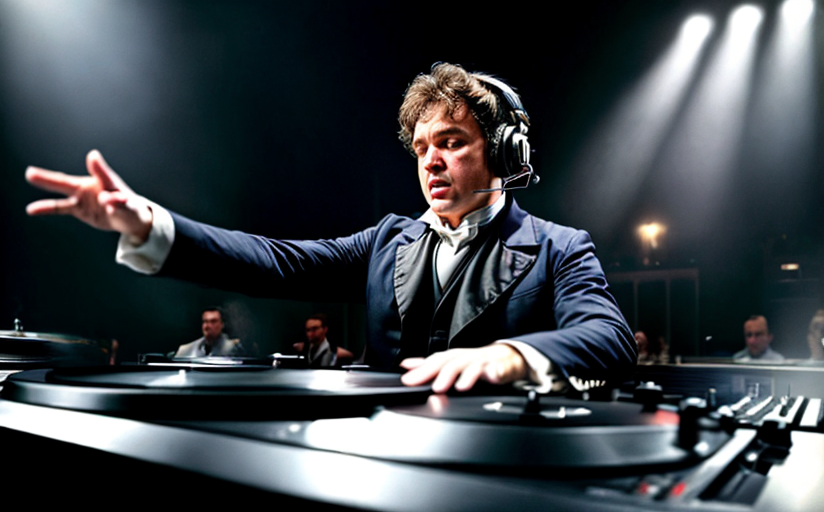The Influence of Classical Music on Modern Pop Culture
Classical music, which emerged in the western world between the 15th and 19th centuries, has often been seen as a genre strictly for the elite and conventional audiences. However, much to the contrary, it has played a significant role in the evolution of modern pop culture, extending its influence beyond just music to touch varied aspects of media and entertainment such as films, shows, video games, and even ringtones.
Classical Music and Modern Genres
Contemporary music genres and styles owe their genesis to classical music. Notable artists in different music genres, from rock to pop, have been known to incorporate classical elements into their work. For instance, Freddie Mercury of the rock band Queen had a deep love for opera, which inspired the unforgettable track Bohemian Rhapsody. The song seamlessly blends rock and opera, demonstrating the profound influence of classical music on modern music styles.
Classical Music in Media and Entertainment
The impact of classical music extends beyond genres and styles and into visual media. It has become a staple in the film industry, with directors extensively using stirring symphonies and dramatic operas to evoke emotions, build suspense, or heighten drama in key scenes.
Beyond films, classical music has also found its way into popular TV shows, video games, where it serves a similar purpose of enhancing mood and amplifying the narrative. Ubiquitously familiar is its use as ringtones, further driving home classical music's deep penetration into our everyday lives.
Notable Artists
Several musicians have made their mark by presenting classical elements in a contemporary style. Renowned American rapper, Kanye West's, album 'Late Registration' featured a 17-piece orchestra, clearly demonstrating his inclination towards classical music as a form of artistic expression. Similarly, popular artists like Lana Del Rey, Lady Gaga, and Sam Smith regularly incorporate classical elements into their music.
Reasons Behind the Enduring Influence
Classical music is timeless. Its deep listenability, complex structure, and profound emotional expressivity make it an excellent resource for modern artists to draw inspiration from. Moreover, it offers a unique nostalgic connection, a sense of familiarity that makes it enduring and versatile across different formats of pop culture.
Futuristic Trends of Classical Music in Pop Culture
As we move further into the 21st century, the influence of classical music is likely to persist and possibly even intensify. Whether in the experimentation of new music styles, the creation of memorable movie moments, or in the interaction within immersive gaming experiences, the enduring appeal of classical music will continue to shape the development of modern popular culture in innovative ways.
This influence will also be seen in the digital sphere with the rise of AI and machine learning. For example, music streaming platforms might use these technologies to blend classical and modern genres, catering to individual listener preferences. Thereby, creating a unique, personalized experience that further embeds classical music into the fabric of modern pop culture.



















Comments
Leave a Comment